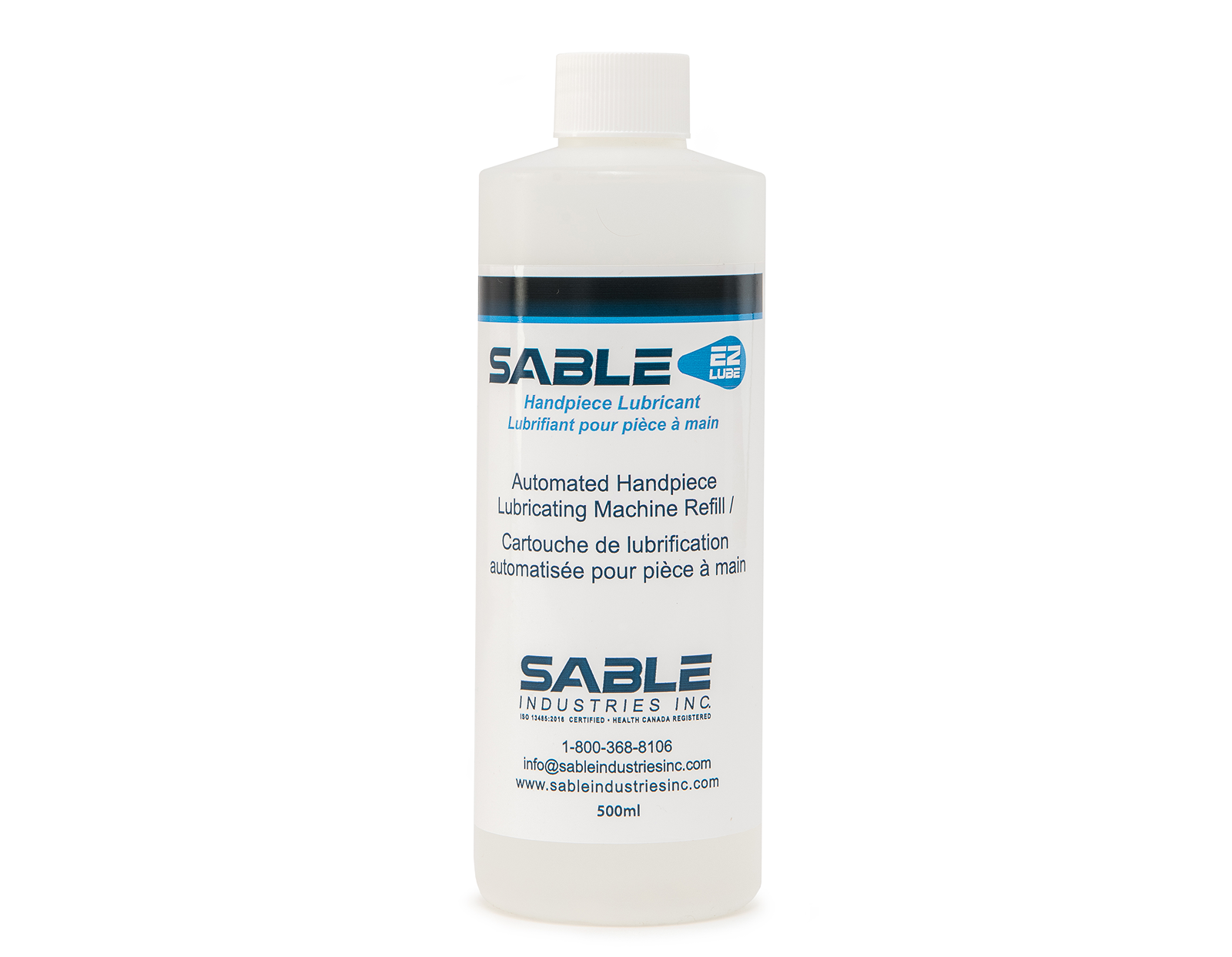It goes without saying that COVID-19 has caused widespread fear and uncertainty. As such, it’s not surprising that misinformation has run rampant across all facets of life impacted by the pandemic, and oral health is no exception.
One claim that has surfaced recently surrounds the link between mask-wearing and oral health. Specifically, there is growing concern that regularly wearing a mask can cause an influx of plaque and tartar buildup, causing bad breath, gum disease, cavities, or tooth decay.
The claim has become so prevalent that there’s even a common name for this supposed condition: ‘mask mouth.’
In truth, there is little to no evidence to suggest that ‘mask mouth’ is real ‒ at least not in the sense that mask-wearing directly causes oral health issues.
However, as dental associations and professionals point out, this phenomenon could point to other, real concerns surrounding COVID-19 and oral health.
Let’s separate fact from fiction and take a closer look at mask mouth, including the real impact of mask-wearing on oral health and ways to stay fresh while wearing a mask.
A Closer Look at Mask Mouth
Lesli Hapak, the president of the Ontario Dental Association (ODA), defines mask mouth as such: “Very simply put, mask mouth is the bad smelly breath underneath your mask.”
In other words, halitosis.
But could wearing a mask really cause bad breath?
Many dentists, like Dr. Robert Jaffe, note that mask mouth could simply be a result of people being more aware of halitosis during the pandemic. With your nose and mouth covered, there’s no escaping the odour of bad breath.
Plus, as Dr. Jaffe and others point out, masks are conducive to dry mouth. Dentists and other healthcare practitioners can attest that it’s harder to stay hydrated when you’re wearing a mask for hours on end.
Another possible explanation? Lockdown diets. Research suggests that the pandemic has led to increased snacking, decreased consumption of fresh food, and increased consumption of sweets, biscuits and cakes.
Together, these factors are a recipe for plaque, tartar, and cavities ‒ and the unpleasant odours that come with them.
But that’s not all.
Stress Could Be Causing Adverse Dental Outcomes
Bruxism, or teeth grinding, is a condition known to be associated with anxiety and anxiety. With stress and anxiety on the rise, it stands to reason that bruxism is a growing concern in this pandemic as well.
While bruxism doesn’t cause serious complications in most cases, it can cause damage to the jaw, teeth, restorations, crowns ‒ which one could mistakenly associate with mask-wearing.
In fact, when asked about concerns regarding mask mouth, Dr. Jordan Hottenstein points out that most of his patients aren’t dealing with tooth decay from plaque or tartar buildup. Instead, the bulk of the work at his practice stems from broken teeth, previous fillings, and stress-related fractures.
For this problem, dentists like Dr.Hottenstein can prescribe night guards to patients. After all, clenching and grinding can’t be prevented with flossing and brushing. Both actions are often involuntarily triggered by stress.
How to Prevent Mask Mouth
We’ve already highlighted how staying hydrated (i.e., drinking lots of water) will prevent your mouth from becoming overly dry while wearing a mask. Beyond that, good oral healthcare could be the key to keeping mask mouth at bay:
- Floss everyday
- Brush twice daily
- Use an electric toothbrush with fluoride toothpaste
- Try to see a dental hygienist twice per year
- Stimulate saliva flow by chewing gum
- Rinse with fluoride-based mouthwash once per day
- Masks should be cleaned regularly
- Avoid sugary snacks and drinks
- Brush after meals
Dispelling Mask Myths for Your Patients
As a dental professional, your patients rely on you to be an accurate source of information for their oral health (and overall well-being). When they ask questions about masks, make yourself as knowledgeable as possible about the myths and truths.
Here’s a helpful resource to clarify and mask-related questions. With this vital information, you can better guide your patients through this challenging time.


